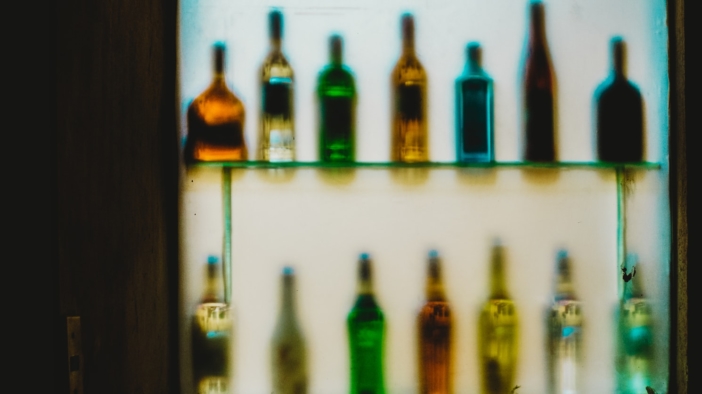Alcohol and diabetes are a mixture which don’t mix at all, even though it is not essential to become strictly no alcohol to handle the condition properly. There are no food ingredients which need to be taken away entirely on a diabetes diet, but clearly certain ingredients will need to be cut to a minimum amount. Alcoholic drinks are mainly empty calories, and are of very little or no nutritional value to the system, so they need to consumed firmly in small amounts and with attention given to the all round nutritional well being of the body.
The first important big difference which needs to be realised is between the various forms of diabetes. A type 1 diabetes patient is at very least in the position in which they know what they have to do. Their body will be making no insulin at all, and they will for that reason need to be supplied this by way of artificial sources. They will have to inject themselves daily, or use some kind of insulin pump, for the remainder of their lives to substitute what the body cannot produce. The type 2 patient is in a much more challenging situation, as there is no clear identified plan of action that will massively improve their condition. Each condition will have to be evaluated independently, and on a regular basis.
Alcoholic beverages are also not solely the same in each and every respect. Although they all include this chemical, they are made using various production methods, which bring in unique properties into the ingredient. Different drinks have unique possibilities for resulting in the body becoming obese if they are consumed in massive quantities, so there can be no precise guidelines to adhere to to prevent the risk of a negative reaction. The only resource we have is to use our common sense, which of course says that if you keep consumption to a minimum amount, and use only mild drinks, you are much less likely to suffer.
The link between alcohol and diabetes developing to complications is a genuine one, and if you have a really serious drinking problem then it will need to be tackled straight away. There can be no promise that anyone who is inclined to the over-consumption of alcohol will not discover their condition advancing into problems which could be very serious. If you feel you need to drink due to social demand, then make sure your drinks are the lightest feasible in alcoholic content, and also that they are as totally free as possible of sugars which can cause just as much damage.
Comparison of Different Types of Alcohol
| Alcohol | Carbs | Sugar |
| 12 ounces beer | 13g | 0g |
| 12 ounces light beer | 6g | 0.3g |
| 5 ounces red wine | 4g | 0.9g |
| 5 ounces white wine | 4g | 1.4g |
| 1.5 ounces distilled spirits | 0g | 0g |
| 2 ounces port wine | 7g | 20g |
Naturally, the most favourable course of action of all is to change your dietary system to cut out substances like tobacco, alcohol, and excessive saturated fat. Alcohol is not essential as a source of nourishment for the human body, and numerous people live for decades without consuming it. Frequently, the supposed need for it is a psychological one, as a sort of crutch to be able to survive a working day. This is false, as the impact on the brain and body is to develop more stress and confusion. In the body of a diabetic, these responses are more than likely to be elevated.
The ideal approach to alcohol and diabetes is to separate them completely, and to build a new dietary system from the begining will give you the flexibility to eat a wide range of foods which supply nutrition to the body, but which have minimal or no potential to do damage. There are lots of practical dietary guidance books and websites which supply the base on which to develop an efficient diet, whether or not they are targeted for people with diabetes or not. Maintaining your nutrient consumption high, and your fat, sugar and salt consumption low, is the suitable approach to alcohol and diabetes.




